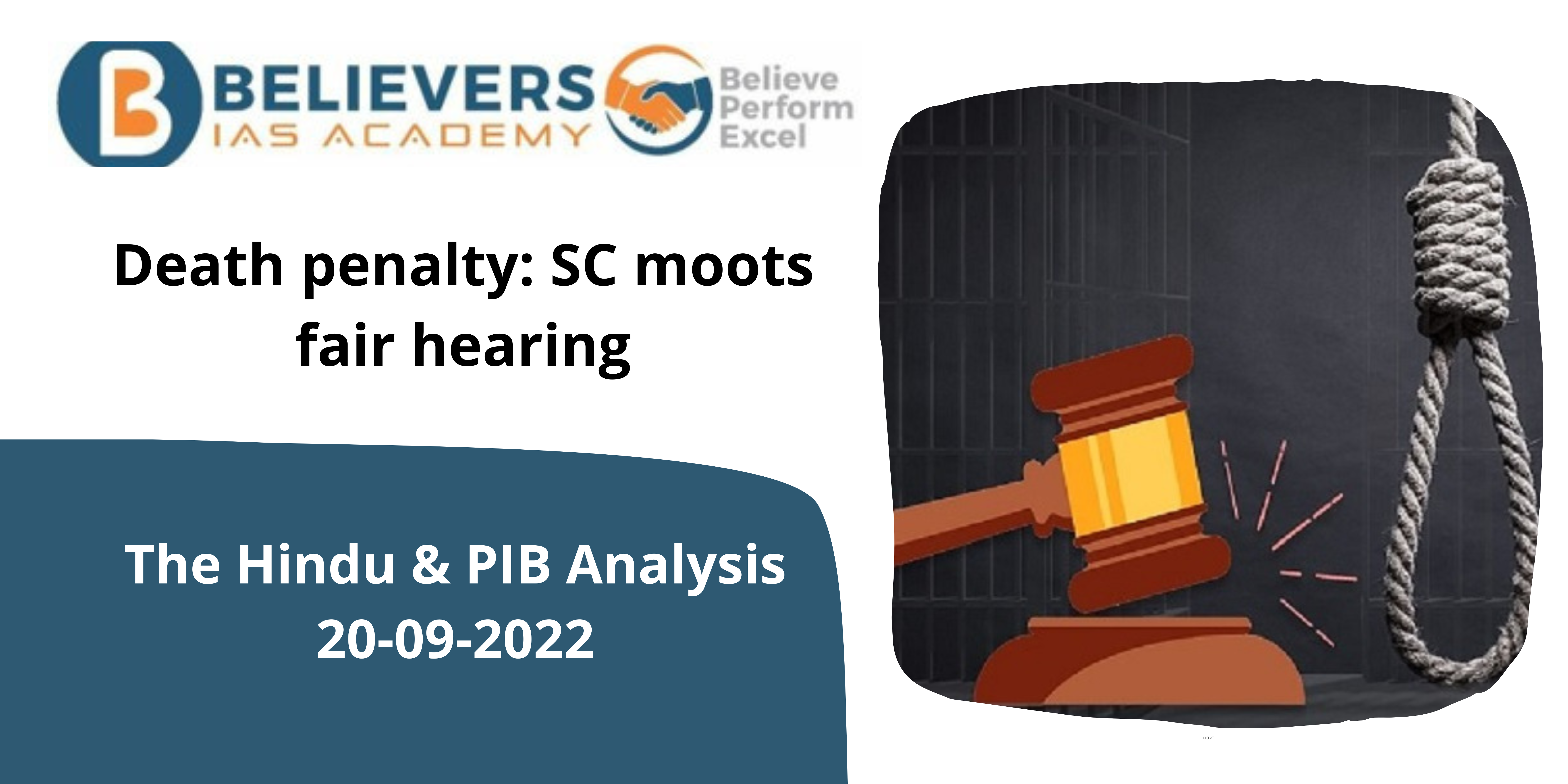Independence Of The Judiciary Is Part Of The Basic Structure Of The Constitution: SC
Context:
The Supreme Court has ruled that the district judiciary’s independence is an integral aspect of the Constitution’s fundamental structure and that the judiciary’s separation from the government and the legislature necessitates its involvement in financial problems.
Points to Ponder:
- District Judiciary Independence: According to the Supreme Court, the fundamental design of the Constitution includes the district judiciary’s independence. It is necessary to uphold justice, which is one of the Constitution’s stated goals.
- Need for Impartial and Independent Judges: The court acknowledged the need for impartial and independent judges in ensuring that justice is carried out. Because it is the court that litigants can access most easily, the district judiciary is essential to the administration of justice.
- Role of District Judiciary: The passage emphasises the heavy burden the district judiciary carries out in its role. The fact that the district judiciary handled approximately 11.3 lakh cases in a single day is mentioned, demonstrating the enormous importance and volume of cases handled by this level of the judiciary.
- The backbone of the Judicial System: The district judiciary was recognised by the Supreme Court as the foundation of the judicial system. Its efficient operation is crucial to the overall efficiency of the legal system.
- Financial Security and Economic Independence: The court emphasised the significance of protecting judicial officers’ financial security and economic independence to preserve their objectivity. This is viewed as a strategy to preserve their objectivity and guard against improper influence or outside pressures.
- The doctrine of Compelling Payment: The ruling underlined the idea that the judiciary must have the inherent authority to compel the payment of reasonable and necessary sums of money to fulfil its prescribed duties. This principle, which aims to protect the independence of the judiciary, is seen as the logical result of the separation of powers.
- Guidelines and Recommendations: Based on the Second National Judicial Pay Commission’s recommendations, the Supreme Court published guidelines for changing the district judiciary’s service regulations. The commission, which also included senior attorney R. Basant and retired Justice P.V. Reddi as members, presented recommendations on gratuities, extra pensions, and other retirement benefits for judicial officers.





